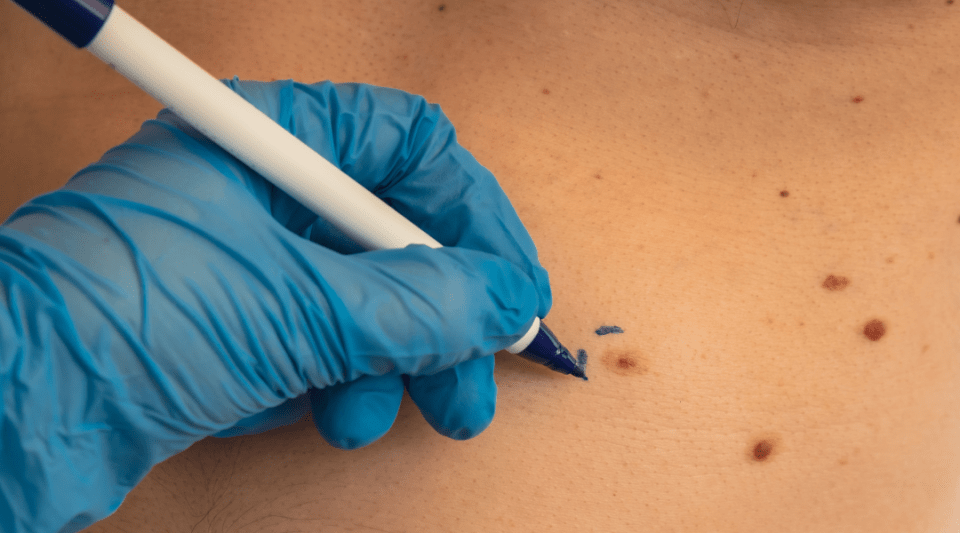Alcohol is an addictive substance that may not only trigger an alcohol use disorder, but also increase the risk of many other diseases. Recent studies show there is no safe amount of alcohol to drink and that any consumption increases the risk of developing diseases, such as oesophagus, liver, intestine, colorectal or breast cancer. The higher the consumption, the greater the risk. Despite this, alcohol continues to be the most consumed psychoactive substance in Spain. The World Health Organisation (WHO) and other international institutions are proposing public health measures to reduce its consumption worldwide.
Alcohol consumption is the 4th greatest risk factor for loss of health in Spain. It led to an average of 15,489 deaths a year during the period 2010-2017, of which 74% were men. Globally, it leads to 3 million deaths every year, according to WHO data. To reduce the damage caused by alcohol consumption, the WHO and other institutions have launched various strategies.
In Spain, for example, the Ministry of Health has updated the levels for low-risk alcohol consumption. A Standard Drink or Unit is used to measure the amount of alcohol. In Spain, 1 unit is equivalent to 10 grams of alcohol, or approximately 100 mL of wine (a small glass), 300 mL of beer (half a pint) or 30 mL of spirits (a shot).
Consumption limits are considered low risk at 20 g/day (2 units) for men and 10 g/day (1 unit) for women, despite the fact that any consumption is assumed to involve a risk. Consuming alcohol above these limits is associated with higher mortality compared to not drinking or drinking at a lower level. The Ministry of Health has also launched the following messages:
- Drinking alcohol: there is no safe level of alcohol consumption.
- Heavy drinking (large amounts of alcohol in 4-6 hours): is always discouraged.
- Effects on the body according to the type of drink: attributing health benefits to drinking some types of alcoholic drinks, such as wine or beer, is not justified according to the available scientific evidence.
Alcohol can trigger dependency problems, with various studies showing it contributes to the development of more than 200 health problems, such as cardiovascular, liver and neuropsychiatric diseases. There is also evidence linking alcohol consumption with certain types of cancer (such as oesophageal, liver, intestinal, colorectal and breast); suggesting that any level of use increases the risk.
In addition, drinking alcohol goes beyond the health of the person who drinks it, as it can also affect third parties: e.g., due to traffic accidents, violence or foetal alcohol spectrum disorders (FASDs). It can further affect the economy and society as a whole; e.g., due to unemployment or low productivity.
Measures to reduce alcohol consumption in other countries
Despite these measures introduced by the Ministry of Health in Spain, regulations regarding alcohol consumption in other countries can be more demanding. In Canada, for example, low-risk drinking levels are set at 10-20 grams of alcohol per week. This figure is 7 times lower than the recommended consumption in Spain.
Other preventive measures are also being promoted in other European countries. In Ireland, for example, a regulation on the labelling of alcoholic beverages has been launched. It proposes adding warnings to the labels of alcoholic drinks indicating the health risks. This is similar to the measures introduced years ago for smoking.
There is increasing evidence indicating that any alcohol consumption poses a health risk. Promoting initiatives to reduce the consumption of this substance should be a main objective for public health strategies in different countries.
INFORMATION DOCUMENTED BY:
Dr Hugo López. Psychiatrist. Addictive Behaviours Unit, Psychiatry and Psychology Service, Clinic Institute of Neurosciences. Clínic Barcelona hospital. Addiction IDIBAPS Research Group Coordinator.
Dr Mercè Balcells. Psychiatrist. Head of the Addictive Behaviours Unit, Psychiatry and Psychology Service, Clinic Institute of Neurosciences. Clínic Barcelona hospital. Addiction IDIBAPS Research Group.






